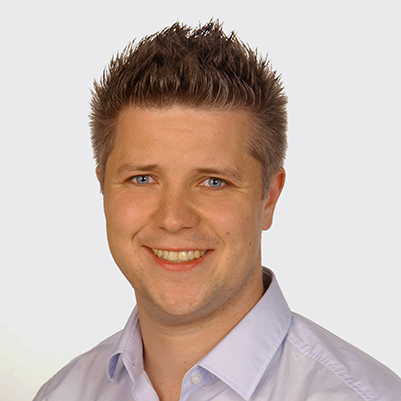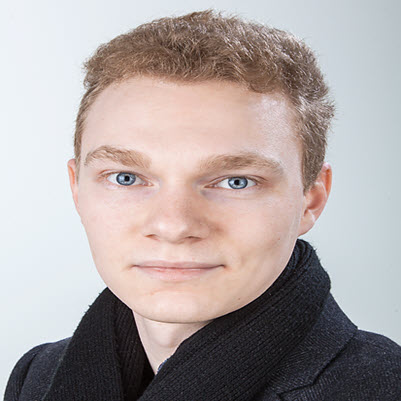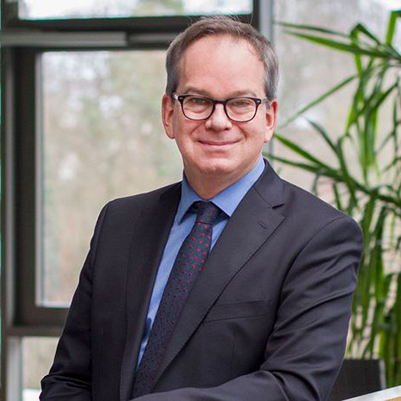The PhySec Thing: About Trust and Security in Industrial IoT Systems

Abstract:
The developments of the fourth industrial revolution with the fusion of technologies to Cyber-Physical Production System (CPPS), accompanied by the growing (wireless) interconnection of a multitude of different components (sensors, actuators, and machines, for example) opens up a multitude of risks, attack vectors and security threats. The Physical Layer Security (PhySec) approach proposed in this paper enables an efficient and resource-saving yet sound and secure safeguarding of industrial networks. The elaborated results of the Secret Key Generation (SKG) algorithms to establish Symmetric Key Cryptography (SKC) in wireless networks on the one hand and the SRAM-based Physically Unclonable Functions (PUFs) to derive hardware-intrinsic cryptographic credentials, on the other hand, demonstrate the appropriateness of the PhySec principle.
AUTHORS

German Research Center for Artificial Intelligence Intelligent Networks Research Group Kaiserslautern,
Germany
Christoph Lipps received a B.Sc. and M.Sc. in electrical engineering from the University of Kaiserslautern (TUK), Germany. Since 2015, he has been a researcher at the German Research Center for Artificial Intelligence (DFKI), which is the biggest European AI research institution and is the birthplace of the “Industry 4.0” strategy. Meanwhile, he is a Lecturer and PhD candidate at the TUK as well. His research interests include Physical Layer Security (PhySec), Physically Unclonable Functions (PUFs); Artificial Intelligence (AI); identification and authentication of various entities, including biometric authentication of humans; as well as cyber security in general. In these areas, he is the author of about 20 scientific publications, has been in the TPC, has served as a reviewer for many conferences and journals, and has participated in a number of German and European research projects such as CoCos, IUNO and SCRATCh .

German Research Center for Artificial Intelligence Intelligent Networks Research Group Kaiserslautern,
Germany
Pascal Ahr is a Bachelor of Science student of Electrical and Computer Engineering in Embedded Systems at the University of Kaiserslautern, Germany. He works as a research assistant at German Research Center for Artificial Intelligence and researches in the field of Hardware Physical Layer Security. The main focus of his work is the Static Random-Access Memory—Physical Unclonable Function and its usage in security applications.

German Research Center for Artificial Intelligence Intelligent Networks Research Group Kaiserslautern,
Germany
and
University of Kaiserslautern Division of Wireless Communications and Radio Positioning Kaiserslautern,
Germany
Hans Dieter Schotten is Full Professor and Director of the Chair for Wireless Communication and Navigation of the University of Kaiserslautern. He is also a Scientific Director and member of the management board of the German Research Center for Artificial Intelligence (DFKI) where he heads the Department for Intelligent Networks. Before joining academia, he held industry positions in Ericsson and Qualcomm. Since 2018, he has been the Chairman of the German Information Technology Society ITG and a member of the supervisory board of the German VDE. His research interests are in mobile and industrial communications, network security, and AI. Hans Dieter Schotten received his Diploma and PhD in Electrical Engineering from the RWTH Aachen University in 1990 and 1997, respectively.
Published In
Journal of Information Warfare
The definitive publication for the best and latest research and analysis on information warfare, information operations, and cyber crime. Available in traditional hard copy or online.
Quick Links
Archive

